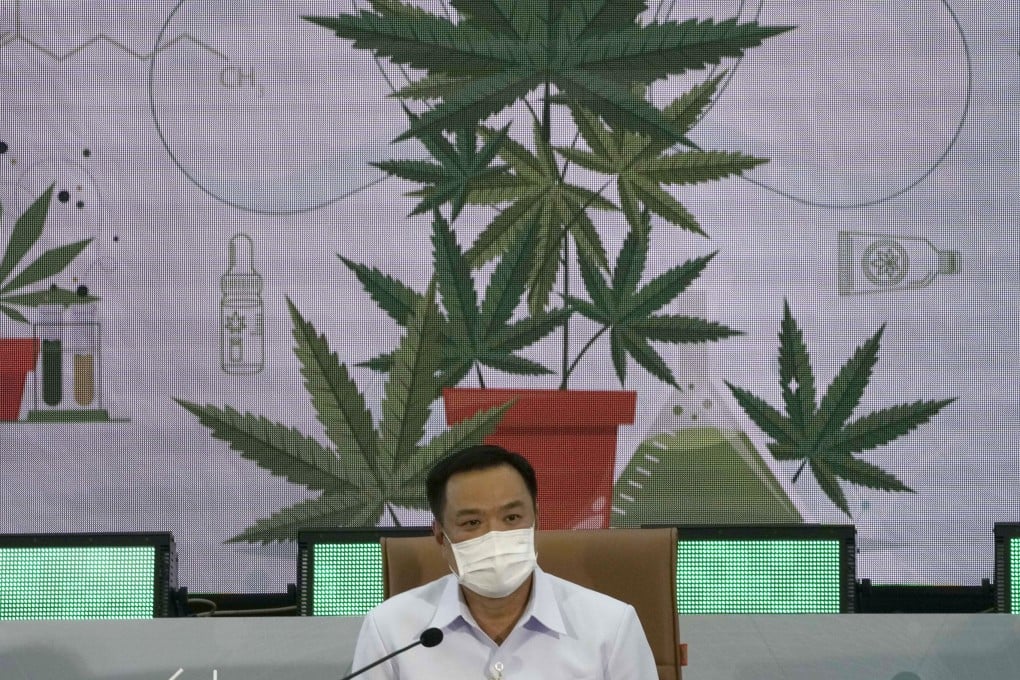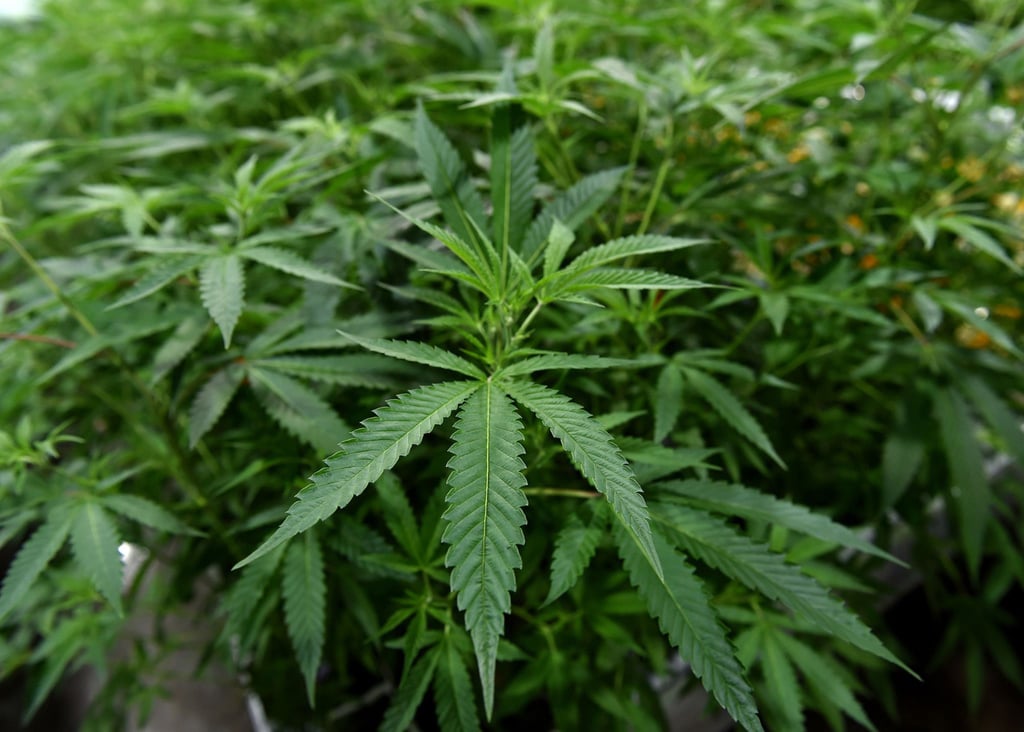Thailand decriminalises cannabis on Thursday. What’s going to change?
- The conservative, Buddhist-majority country known for its tough policies on drug trafficking is set to become the first Asian nation to decriminalise cannabis
- It will no longer be a crime to grow and trade marijuana and hemp products, and the health ministry plans to give away 1 million plants to households

It will no longer be a crime to grow and trade marijuana and hemp products, a move aimed at bolstering the country’s crucial agriculture and tourism sectors.
However, prospects for the Thai cannabis trade will be limited by the country’s ban on recreational use and the production of anything with more than 0.2 per cent tetrahydrocannabinol (THC), the psychoactive compound that gives users a “high” sensation.
What’s behind the move?
The latest step to allow more people to grow cannabis was spearheaded by tycoon-turned politician Anutin Charnvirakul, who believes that controlled legalisation of marijuana can boost agriculture and tourism.
The deputy prime minister, who heads the health ministry, campaigned on a promise to legalise household marijuana and hemp cultivation to allow farmers to supplement their incomes.

What does decriminalisation mean?
It will no longer be a crime to use parts of the marijuana and hemp plants, which belong to the cannabis plant family.
